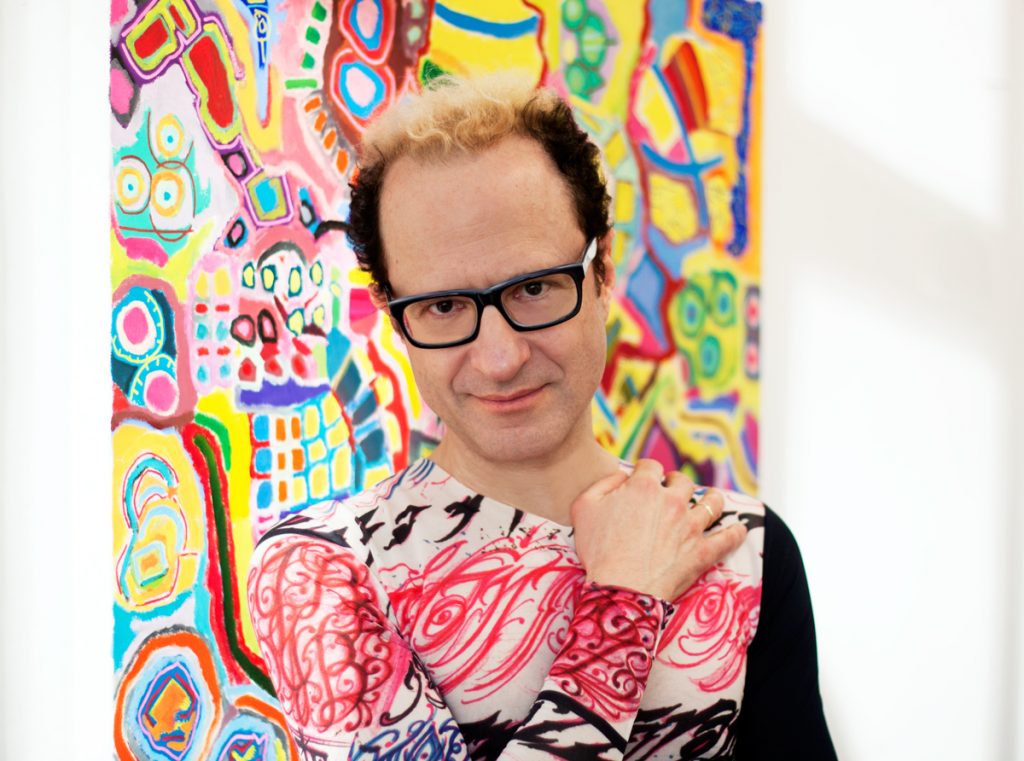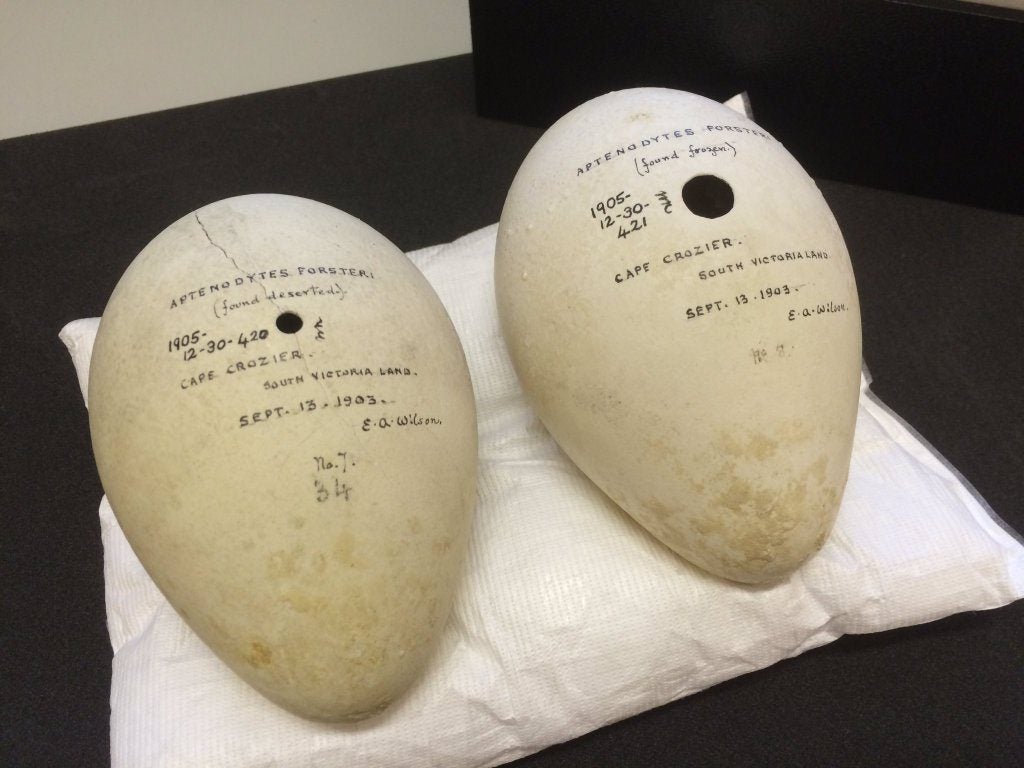Excerpts and curios from around the web:
Writing on the enduring art of literary hate mail in a recent piece for the New Republic, William Giraldi wonders about the motivations of people who devote significant energy to attacking the work of strangers: “People are desperate to be heard, to make some sound, any sound, in the world, and hate mail allows them the illusion of doing so.” D.H. Lawrence, Giraldi reminds us, was notorious for firing off nasty missives to friends and colleagues (“You revolt me stewing in your consumption,” he wrote to Katherine Mansfield in 1920), but the Internet has helped to create a special strain of angry, often-anonymous reactionaries: “In our sound-biting society of obliterated attention spans, you get blasphemed online, or else in your inbox—instantaneously, by any mosquito with a keyboard. The internet didn’t create hatred but, true to its name, the internet caught it. It’s the modus operandi of online yokels to be outraged, every few minutes, by some trifle or another, to traffic in ‘the nothingness of scorn and noise,’ in John Clare’s immortal wording. Their general confusion of rhetoric for logic and rationalization for reasoning is not merely their limit but a fairly damning limitation.”
 “If ever there was an ideal spanking ambassador for the kink-curious mainstream, it’s [Jillian] Keenan,” writes Jenny Zhang in a New York Times review of Keenan’s debut memoir, Sex with Shakespeare: Here’s Much to Do with Pain, but More With Love. Keenan uses the work of the Bard as a jumping-off point to come to terms with a lifelong spanking fetish: “Each chapter is framed by a different Shakespeare play, and Keenan’s delight in them is manifest, from her reading of Caliban’s servitude to Prospero in The Tempest as tender sadomasochism, to her interpretation of Helena’s lovesick verse in A Midsummer Night’s Dream as ‘the most explicit and brave declaration of sexual consent in the Shakespearean canon.'”
“If ever there was an ideal spanking ambassador for the kink-curious mainstream, it’s [Jillian] Keenan,” writes Jenny Zhang in a New York Times review of Keenan’s debut memoir, Sex with Shakespeare: Here’s Much to Do with Pain, but More With Love. Keenan uses the work of the Bard as a jumping-off point to come to terms with a lifelong spanking fetish: “Each chapter is framed by a different Shakespeare play, and Keenan’s delight in them is manifest, from her reading of Caliban’s servitude to Prospero in The Tempest as tender sadomasochism, to her interpretation of Helena’s lovesick verse in A Midsummer Night’s Dream as ‘the most explicit and brave declaration of sexual consent in the Shakespearean canon.'”
Vinson Cunningham explores in a recent essay for the New Yorker what qualities make a personal essay uniquely American: “[T]he essay, in its American incarnation, is a direct outgrowth of the sermon: argumentative, insistent, not infrequently irritating. Americans, in my observation—and despite our fetish for the beauties of individuality and personal freedom—are always, however smilingly, trying to convince somebody, somewhere, of something, and our essayistic tradition bears this out. … As much as one might wish to lay claim to the sensibility of, say, Montaigne—the ruminative philosopher’s ideal, the notion of the essay as neutral attempt—most of us Americans are Emersons: artful sermonizers, pathological point-makers, turntablists spinning the hits with future mischief in mind.”
Jaime Clarke does not want to be a famous novelist. He used to want to be a famous novelist, it’s true, but his literary ambition has cooled over the years, not least of all because of working as a bookseller. Is that a bad thing, this throwing over of the writing life? Not at all, he argues in a new piece for Lit Hub: “The dissipation of my literary ambition is more freeing than anything else. … No more reading both to scavenge, with my own work in mind, and to keep hacking away at the forest of Great Literature too populous ever to clear. Owning a bookstore is positive proof that there are more books published than anyone can possibly read—if you think the stack on your nightstand is mocking you, try working in a bookstore—and the defeat is liberating. The stress of literary ambition demands that you at least attempt some sort of relationship with those books and authors labeled canonical, never mind the contemporary writers you haven’t read, or writers in the zeitgeist.”
Liesl Schillinger’s series for LARB, “Multilingual Wordsmiths,” features interviews with six acclaimed translators, each of whom share their ideas for what makes a translated work sing. The first installment in the series spotlights Lydia Davis and tackles such topics as working with living authors, getting the job done right the first time, and, of course, the minutiae of process. Davis on why people should read translated works:  “I think American or Anglophone readers are very isolated; we don’t publish many translations, out of the vast amount of literature that we publish, and we are too isolated culturally. We need to read and immerse ourselves in other cultures to enjoy their richness; it’s terribly impoverishing not to read translations of works originally written in other languages, to be confined to works written in English.” On what makes for a good translation: “If a work reads smoothly that doesn’t necessarily mean the translation is good. It needs to be as close as possible to the original but in living English, not dead English.” On the kind of people who take up translation: “Fifty or 70 years ago, more poets in America would also translate, and that is much less the case now. I don’t know how many writers are also translators. I think the ethics of translation has changed. For instance, I hear Constance Garnett worked very fast, and if she came to a phrase that really defeated her, she would just skip it. We wouldn’t feel right doing that today. And when the Muirs were translating Kafka [Edwin and Willa Muir were the first to translate Kafka’s The Castle into English, in 1930, and also translated many of his short stories], they would adapt his style so it was more acceptable in English. I don’t think our ethics now in English would permit that. We have a different approach, which is much more faithful and much more complete.”
“I think American or Anglophone readers are very isolated; we don’t publish many translations, out of the vast amount of literature that we publish, and we are too isolated culturally. We need to read and immerse ourselves in other cultures to enjoy their richness; it’s terribly impoverishing not to read translations of works originally written in other languages, to be confined to works written in English.” On what makes for a good translation: “If a work reads smoothly that doesn’t necessarily mean the translation is good. It needs to be as close as possible to the original but in living English, not dead English.” On the kind of people who take up translation: “Fifty or 70 years ago, more poets in America would also translate, and that is much less the case now. I don’t know how many writers are also translators. I think the ethics of translation has changed. For instance, I hear Constance Garnett worked very fast, and if she came to a phrase that really defeated her, she would just skip it. We wouldn’t feel right doing that today. And when the Muirs were translating Kafka [Edwin and Willa Muir were the first to translate Kafka’s The Castle into English, in 1930, and also translated many of his short stories], they would adapt his style so it was more acceptable in English. I don’t think our ethics now in English would permit that. We have a different approach, which is much more faithful and much more complete.”
Image via Hate Mail: The Definitive Collection.







